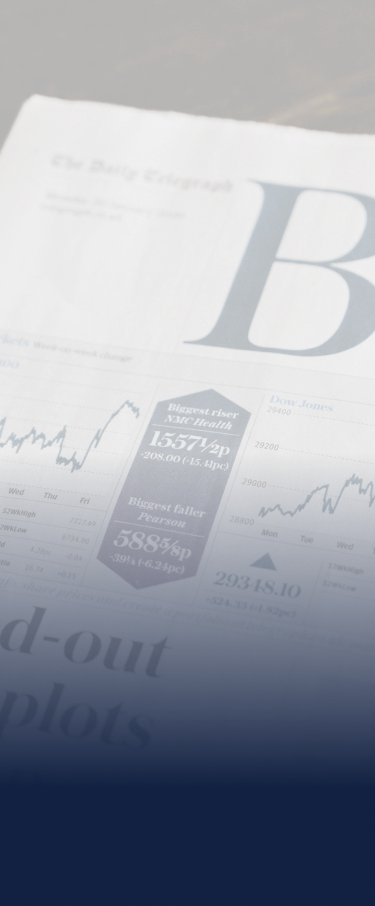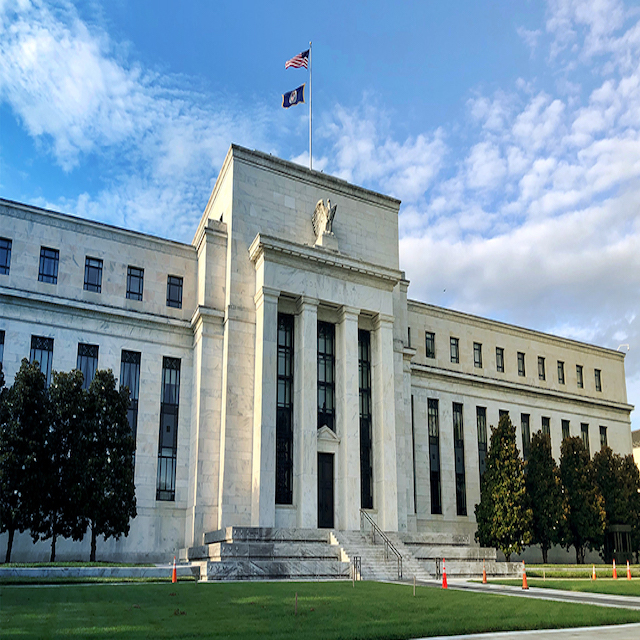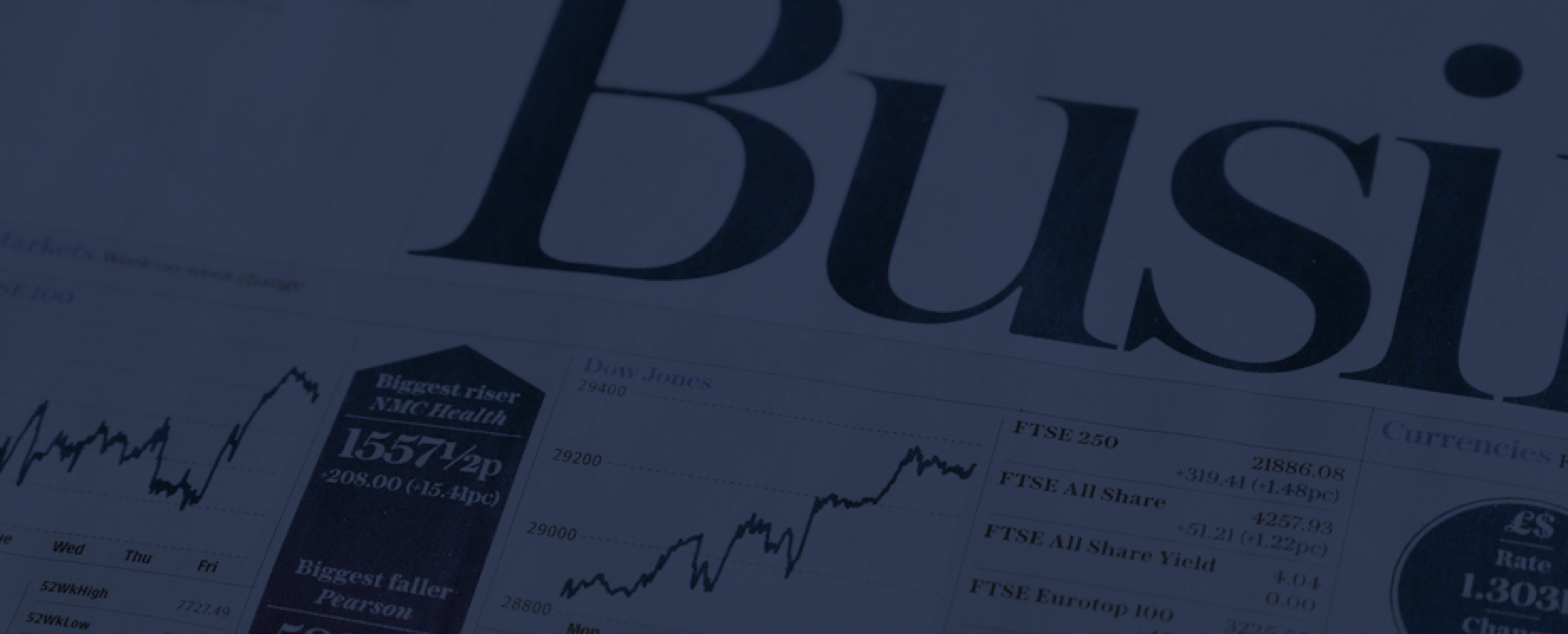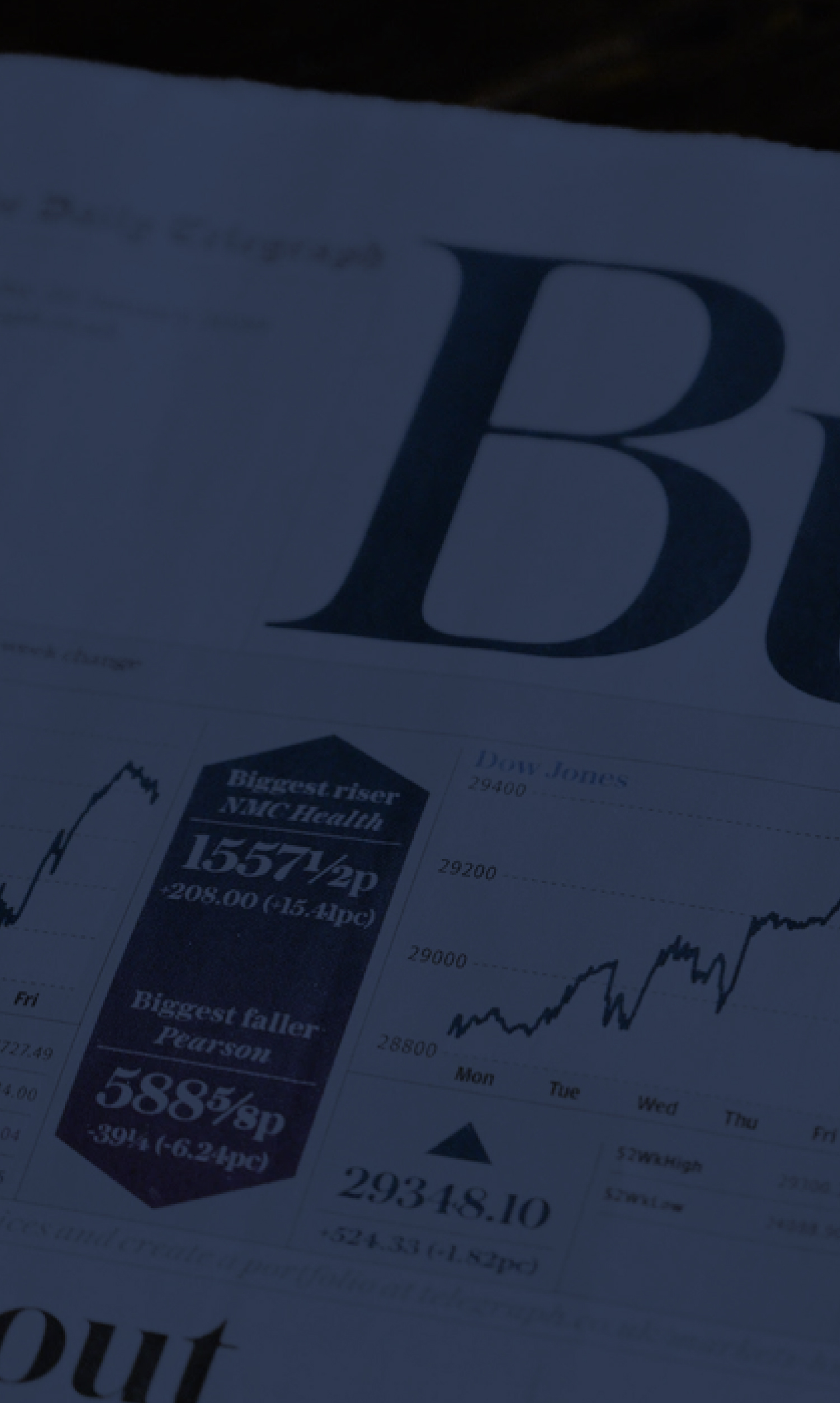- The US Non-Farm Payrolls came in higher than expected at 177,000 vs 137,500 in a Bloomberg Survey
- The US ISM Manufacturing Index came in higher than expected at 48.7 vs 47.9 in a Bloomberg Survey
- The US Unemployment Rate held steady at 4.2% in April, meeting expectations and mirroring the previous month’s figure in a Bloomberg Survey.





Quarterly Economic Growth Release: 5.4% Q12025
 DOWNLOAD
DOWNLOAD

Policy rate views: Uncertainty stalls cuts
 DOWNLOAD
DOWNLOAD

Inflation Update: BSP poised for a string of rate cuts as inflation cools
 DOWNLOAD
DOWNLOAD


TOP SEARCHES



Market Movements


What happened last week? (April 29 - May 05)
 What to watch out for next?
What to watch out for next?

What happened last week? (April 29 - May 05)
- The US Non-Farm Payrolls came in higher than expected at 177,000 vs 137,500 in a Bloomberg Survey
- The US ISM Manufacturing Index came in higher than expected at 48.7 vs 47.9 in a Bloomberg Survey
- The US Unemployment Rate held steady at 4.2% in April, meeting expectations and mirroring the previous month’s figure in a Bloomberg Survey.

What to watch out for next?

Outlook
 Bond Market Themes
Bond Market Themes
Bond Market Themes
as of May 9, 2025Under a “Red Sweep” administration
The incoming Republican-dominated administration under Donald Trump has driven adjustments in the US financial markets, with Treasury yields surging as investors price in expectations of tax cuts and deregulation. The 10-Year Treasury yield has risen sharply, steepening the curve amid concerns over higher deficits and inflation. Mixed reactions were also seen in corporate credits, with investment-grade bonds having narrow spreads due to optimism over pro-business policies, while high-yield spreads widened slightly amid caution over market volatility. The interplay between fiscal expansion and Federal Reserve actions will be pivotal for Treasury yields, while corporate credits will watch for signs of economic growth and sector-specific regulatory changes.

Bond supply might not be enough
We believe that the current bond supply still cannot meet investor demand given the excess liquidity owing to various factors. It is estimated that the total new issuances for Asian credits will be more than USD 170 billion by the end of 2024, while the total maturities are estimated to be about USD 187 billion. This effectively returns USD 37 billion of capital to investors, which could be reinvested in Asian credits. Moreover, it is projected that there might be incremental demand from Hongkong-based China asset managers due to more relaxed rules on tapping onshore funds, and private banks with sizeable money-market exposures that may start to rotate into credit.

Don’t fight the central banks
We maintain our view that the US Fed is expected to cut 100 basis points by the end of 2024, given the progress towards the 2% inflation target. With the projected rate cuts, we expect a significant portion of the estimated USD 6 trillion in money market funds and total global money market assets of USD 9 trillion to move into credits as US Treasury yields decrease. Moreover, we also expect that the spillover effect of the People’s Bank of China’s (PBOC’s) monetary easing will set up strong technicals for Asia credit. Currently, we favor credits within Southeast Asia and India. We are also on the lookout for credit upgrade stories in Indian and Indonesian corporates.



Our Bonds Selection
We highlight some of the bonds we currently prefer, based credit strength and value.
Republic of the Philippines

SK Hynix

SM Investments Corporation

 Articles on Bonds
Articles on Bonds
Related Articles
BSP Preview: The rate-cut barometer
BSP is expected to cut interest rates by 25 basis points at its February meeting.
Forecast Update: Recalibrating our calls
Here are our forecasts for inflation, economic growth, and what the US and Philippine policymakers will do.
Inflation Update: Steady inflation cements BSP’s rate cut
Consumer-price rise remaining on target allows BSP to continue easing monetary policy.










